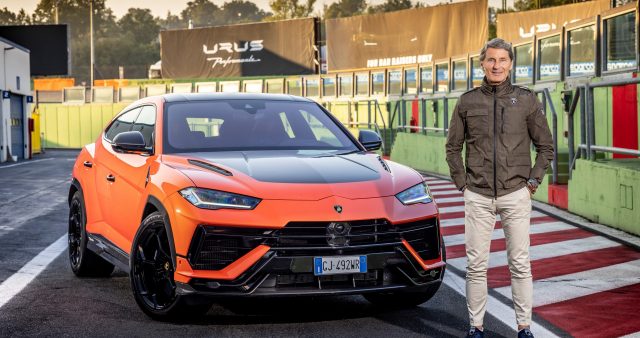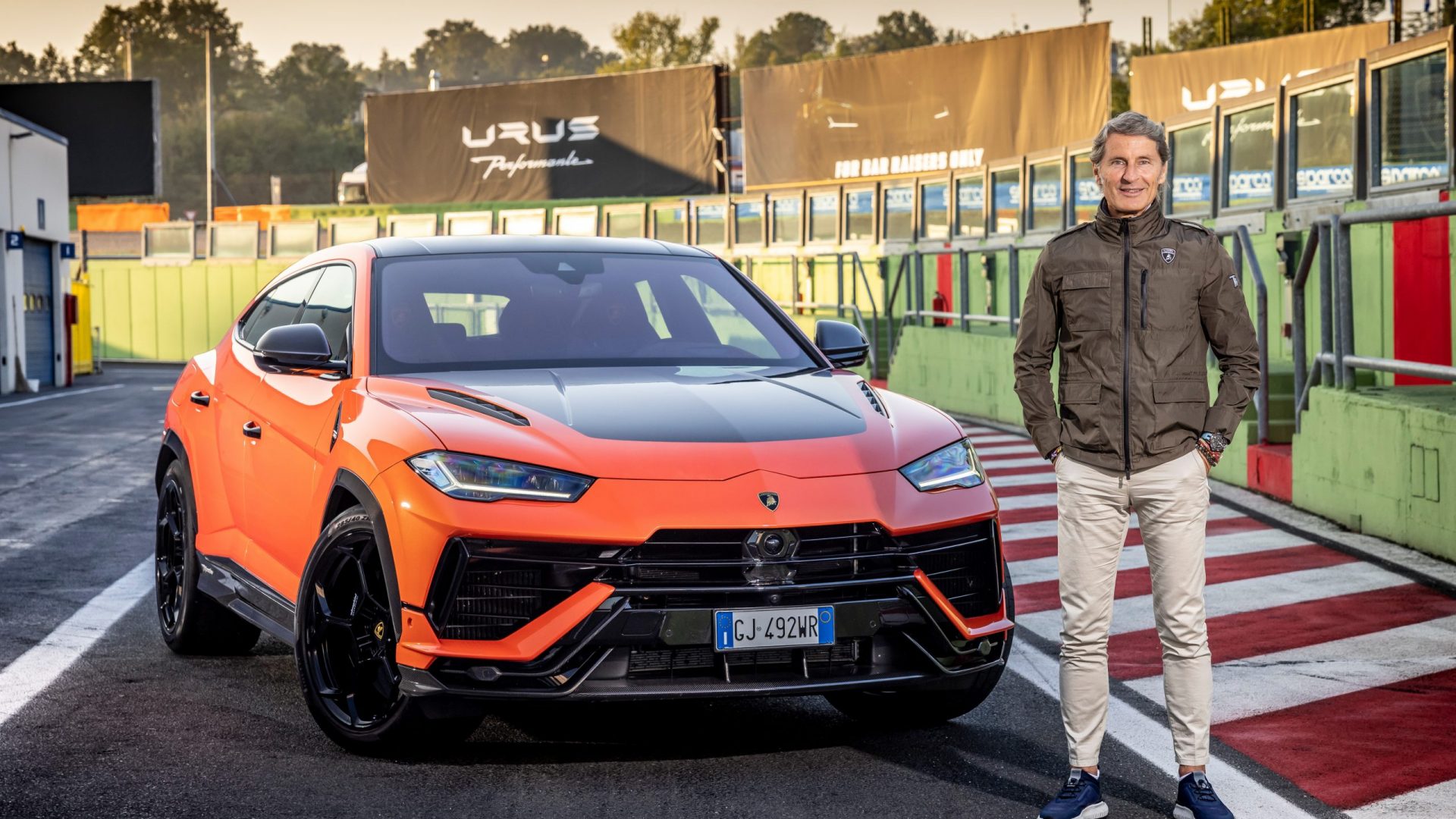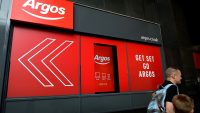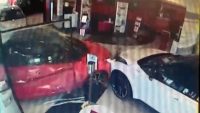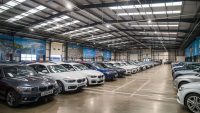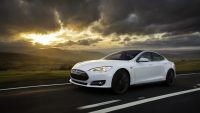It’s no secret that car firms have been battling with production hold-ups as a result of the shortage of semiconductors.
Although we’re regularly told by manufacturers that ‘it will improve’, we’ve yet to see any real sign of this, with customers now facing 12-month waits for a range of rather ordinary cars.
But not all have been struggling – particularly the ‘high-value’ brands.
In the Volkswagen empire, it’s been Bentley and Lamborghini that have been benefiting, as the group channels the semiconductors into high-margin products.
Meanwhile, Lamborghini’s sales are at record levels as a result.
We sat down with Lamborghini boss Stephan Winkelmann at the launch of its new Urus Performante, pictured above, to discuss the brand and its future plans.
While other manufacturers would rather not have such long waiting lists, this Italian supercar firm seems to embrace it.
‘We have an order bank that is lasting more than 20 months for the Urus, and this is something that’s very positive.
‘We’re keeping it very much under control, so we could do much more but we don’t want to,’ Winkelmann tells us.
‘Balanced growth is paramount to the success of the future, and shortage is something that needs to be done as it’s the essence of a brand like ours.
‘And also for the customer it’s a benefit, because when they sell the car they get even more money for it, as it’s immediately available.’
Winkelmann has held some of the most important jobs in the industry. Born and raised in Rome, he was boss of Lamborghini between 2005 and 2016, before moving to Audi’s Sport division and more recently Bugatti.
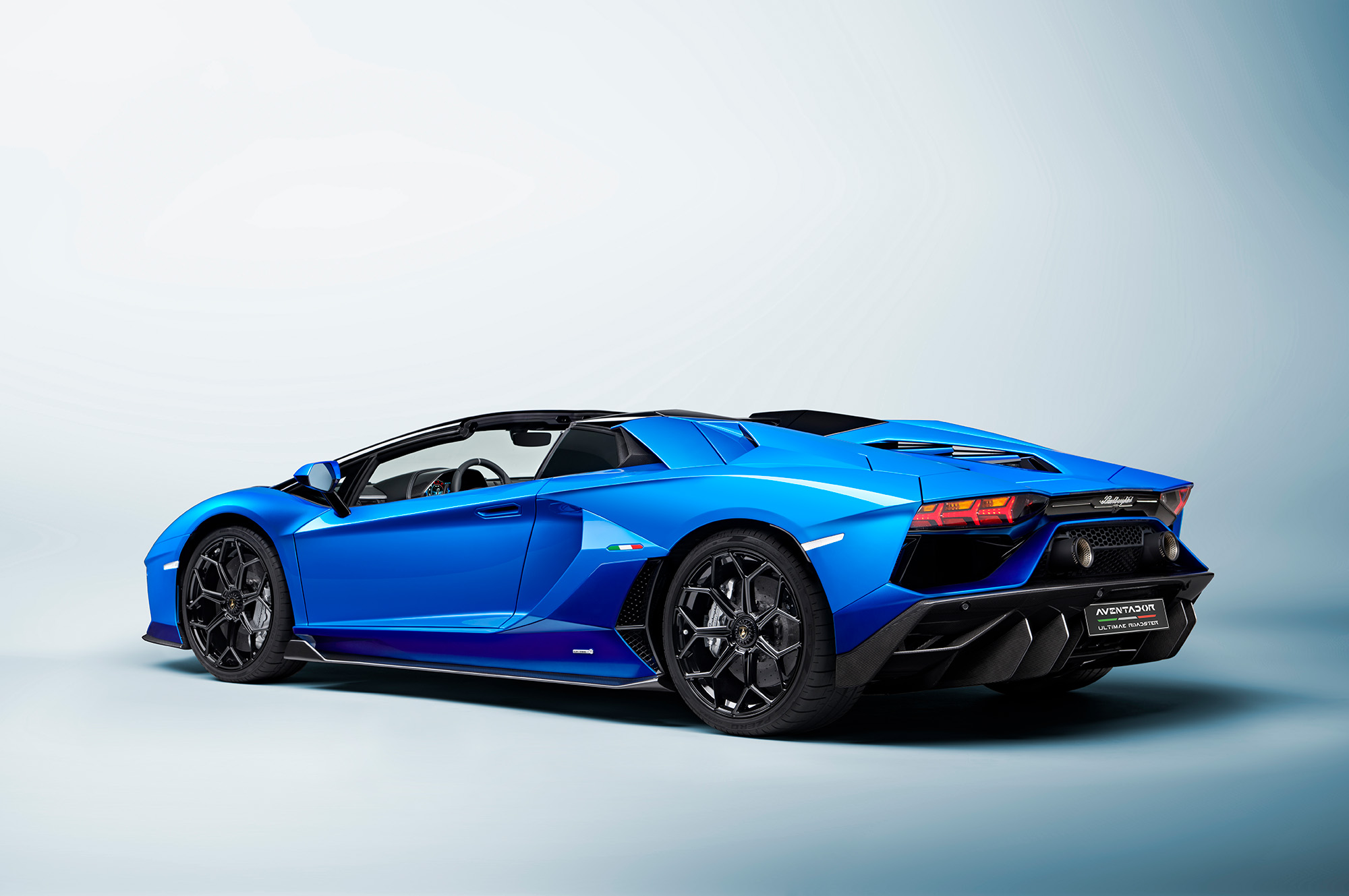
The Lamborghini Aventador
He rejoined Lamborghini as chairman and CEO in December 2020.
But challenges await him and his team – not least those relating to electrification.
A replacement for the legendary V12 Aventador arrives in 2023 as a plug-in hybrid, then in 2024 the Urus will switch to being PHEV-only. The replacement for the Huracan will be a hybrid, too.
Essentially, by the end of 2024, there won’t be a Lamborghini on sale without any electrical assistance.
Winkelmann says the two greatest challenges to electrification are the perceived performance and sound.
‘Outright performance and design [with electrification] will not be a problem. Instead, it will be the emotional side for which the perceived performance and sound will be the two major challenges.
‘It’s also a shift in terms of generation.
‘It’s more difficult for older guys like me to get behind electrification, but I think it’s important that we totally embrace it, as we have to be aware that the sustainable approach has to be credible and not greenwashing.’
Winkelmann seems to acknowledge that the days of launching V12 supercars putting out obscene amounts of CO2 emissions need to come to an end, as manufacturers don’t want to look like they’re doing the ‘wrong’ thing.
On our way from our hotel in central Rome to the outskirts where the Vallelunga racetrack is – the location for the launch of the Urus Performante – we pass Italy’s version of Just Stop Oil protesters bringing the opposite side of the motorway to a standstill in rush-hour traffic.
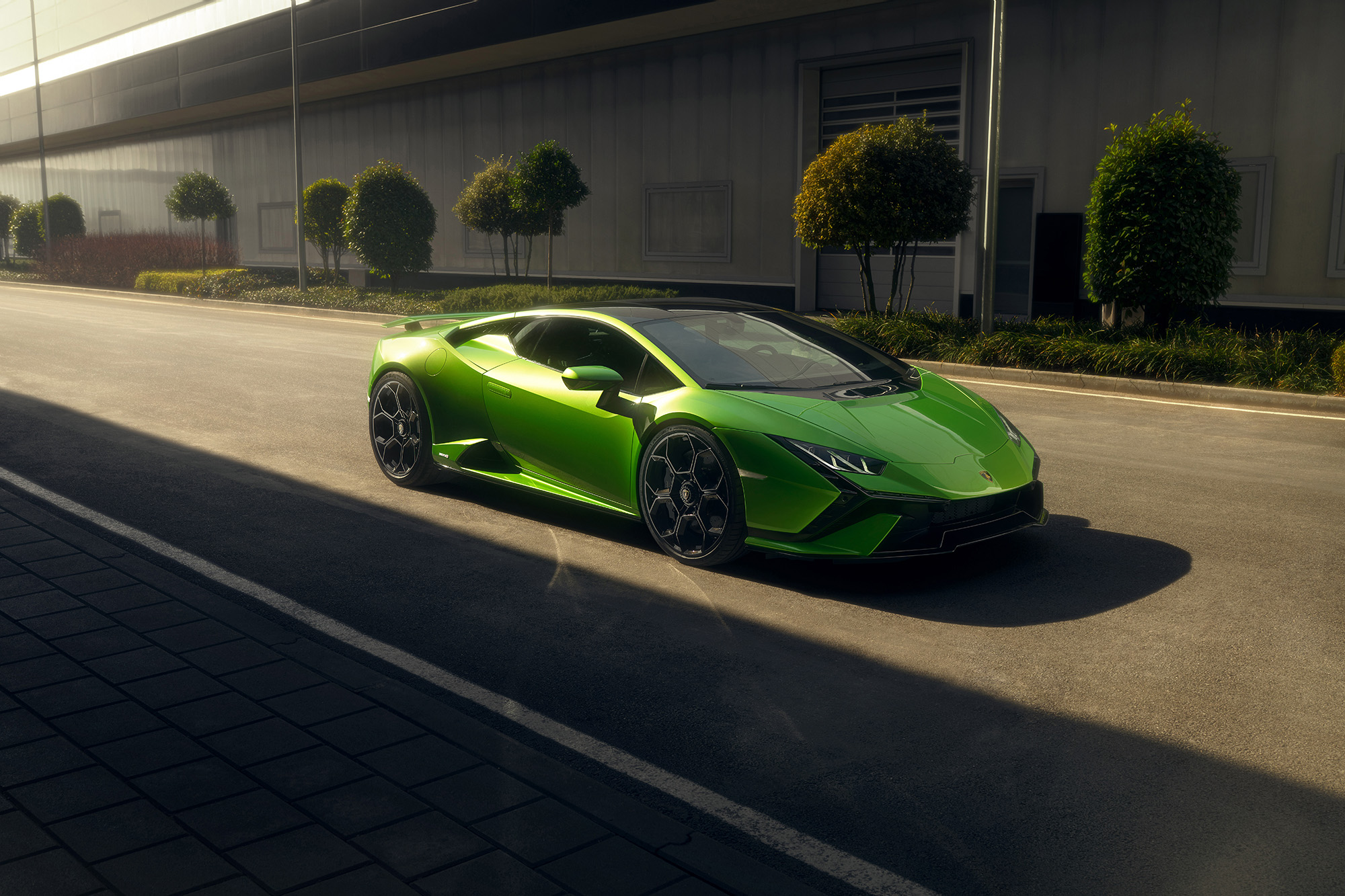
The Lamborghini Huracan Tecnica
It’s probably for the best that they didn’t know we were about to thrash 650bhp V8-powered SUVs round a circuit all day long.
‘It’s easy to point a finger at us, so that’s what we have to avoid,’ Winkelmann says.
‘It’s more important what my neighbour thinks about driving the car than what I think myself.
‘We need to be more in front of the wave, we don’t want to be crushed by the wave.’
The Urus is the main pillar of Lamborghini’s current success, currently accounting for almost two-thirds of the brand’s sales.
More than 20,000 have been produced since its launch at the end of 2017 – and that milestone was reached in half the time it took for the Huracan to clock up the same number.
The Urus has also been key to attracting a wealth of new customers to the brand.
More than 80 per cent have been sold to those new to Lamborghini, and that figure is going to grow with the Performante – a more extreme, focused version of this SUV – which is also helping to attract a different customer.
‘Lamborghini owners are getting younger and younger. Our average age is now 45, but it’s getting down to 40 in the next few years.
‘We have more wealth all over the globe, and younger people have greater liquidity than 15 or 20 years ago for sure.
‘But also the image and awareness of the brand is increasing, which is something that is helping and giving stability, because our brand is a cool one.’
This interview appears in the current edition of Car Dealer – issue 177 – along with news, views, reviews, features and much more! You can read and download it for FREE by clicking here!
- Join our breaking news WhatsApp group
- Listen to the latest Car Dealer Podcast
- Read the latest issue of Car Dealer online now
- Join the Car Dealer community to get daily email news bulletins
The post Our brand is a cool one, says Lamborghini boss appeared first on Car Dealer Magazine.
